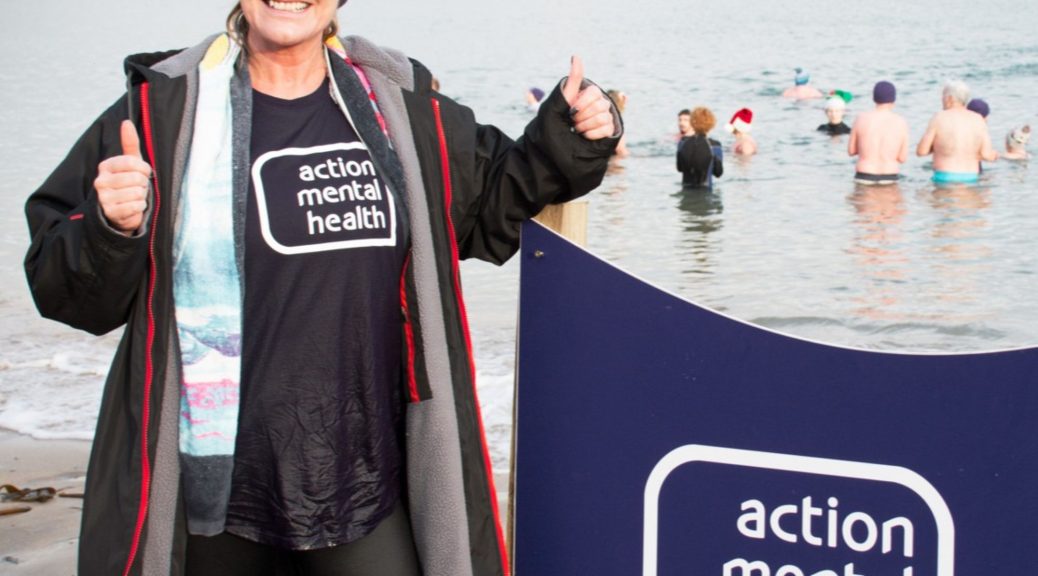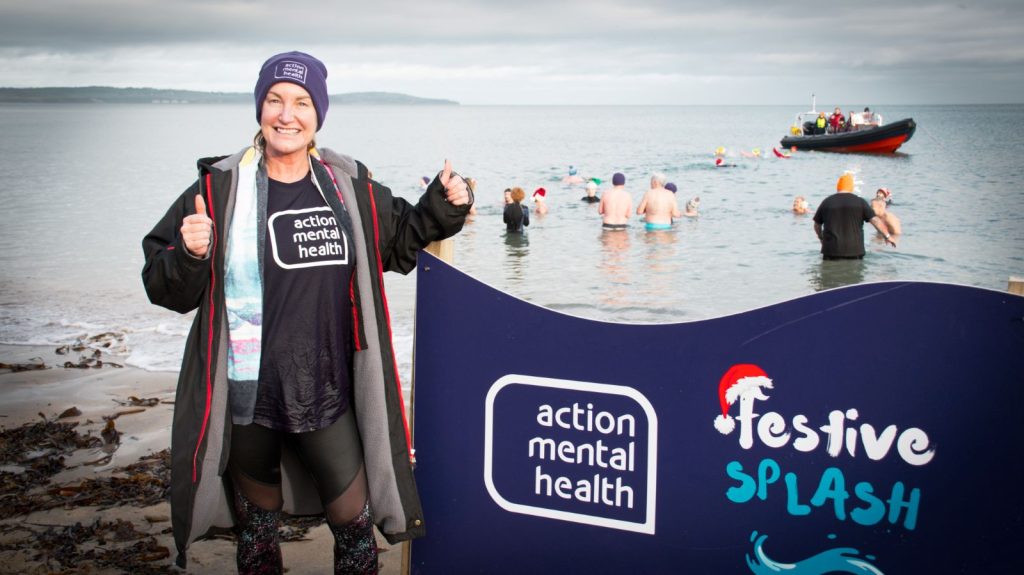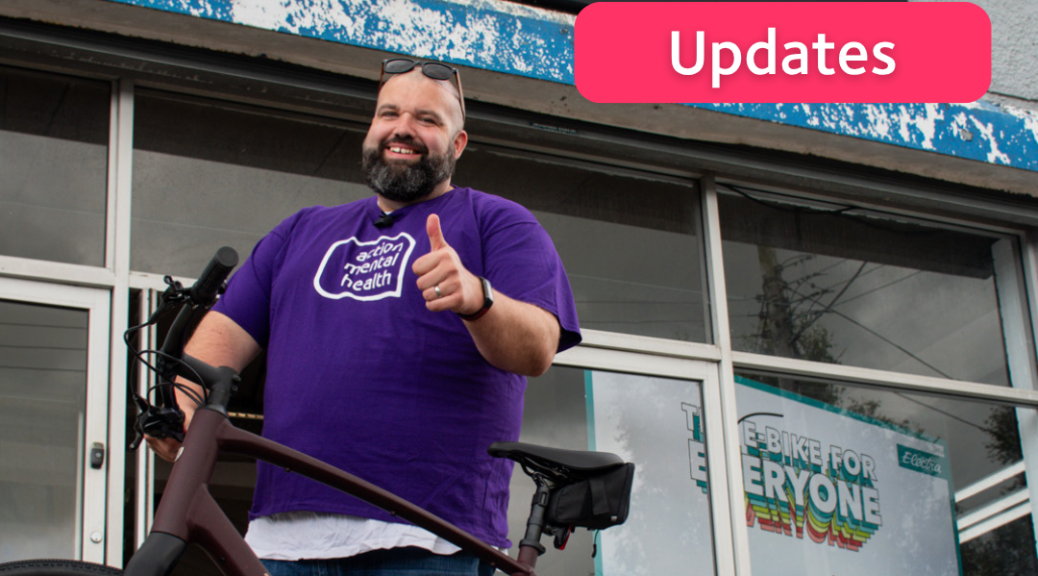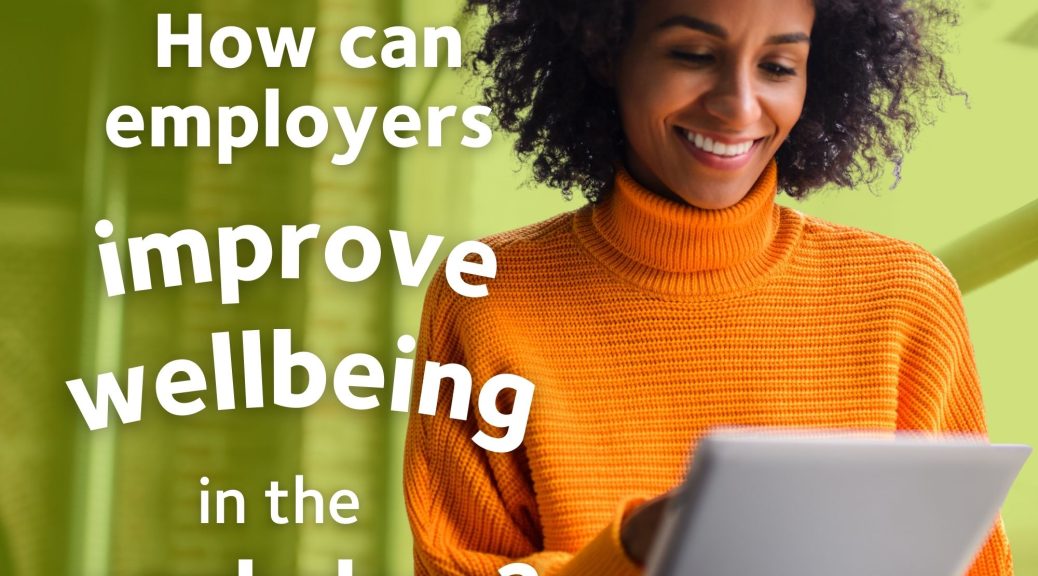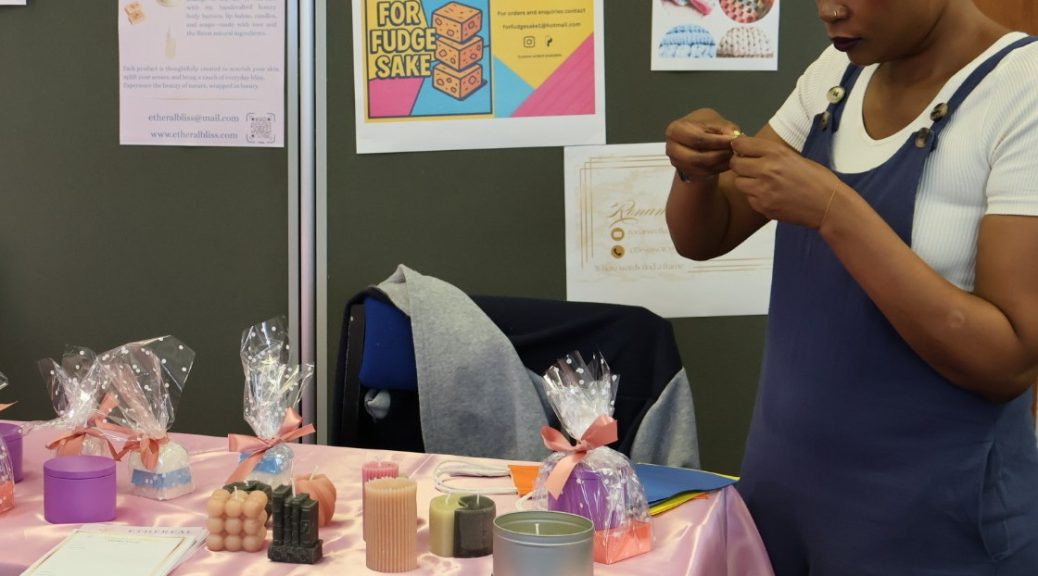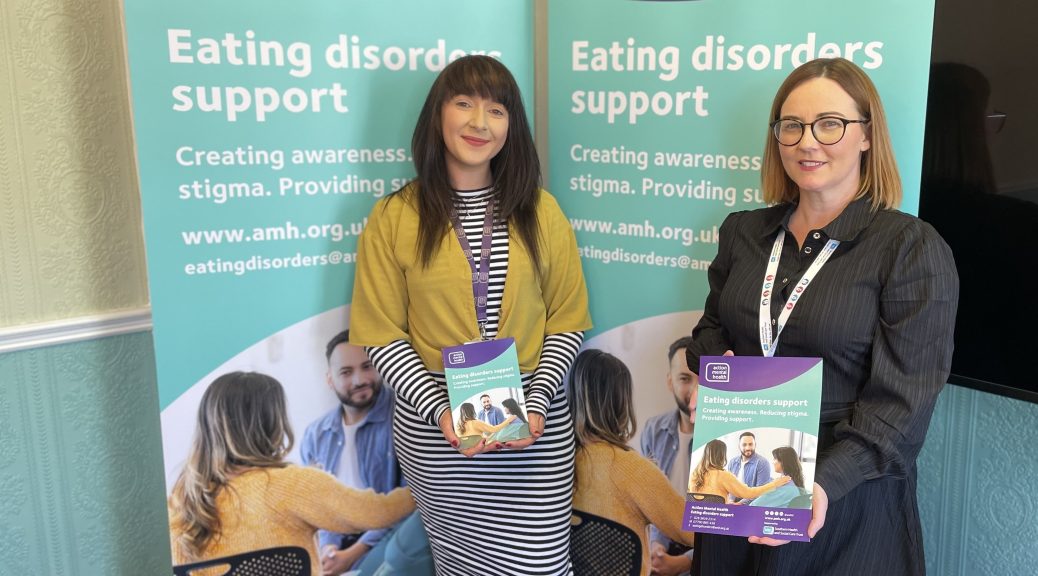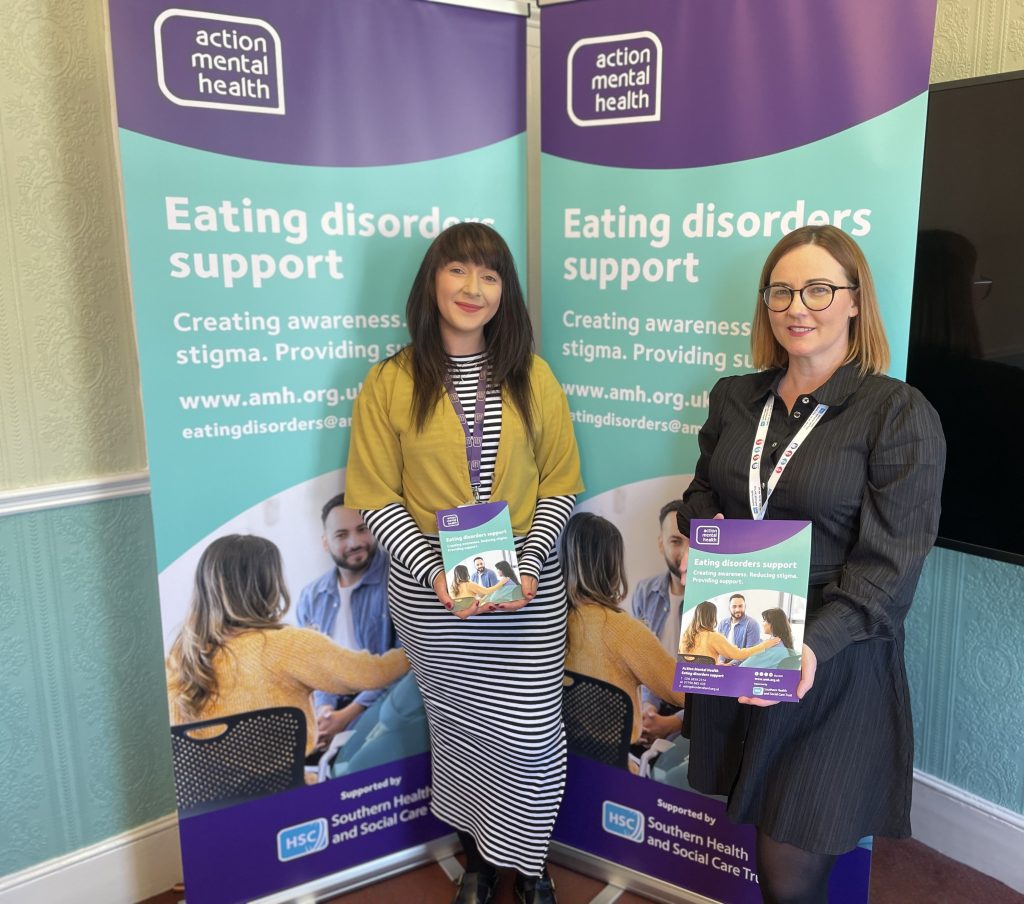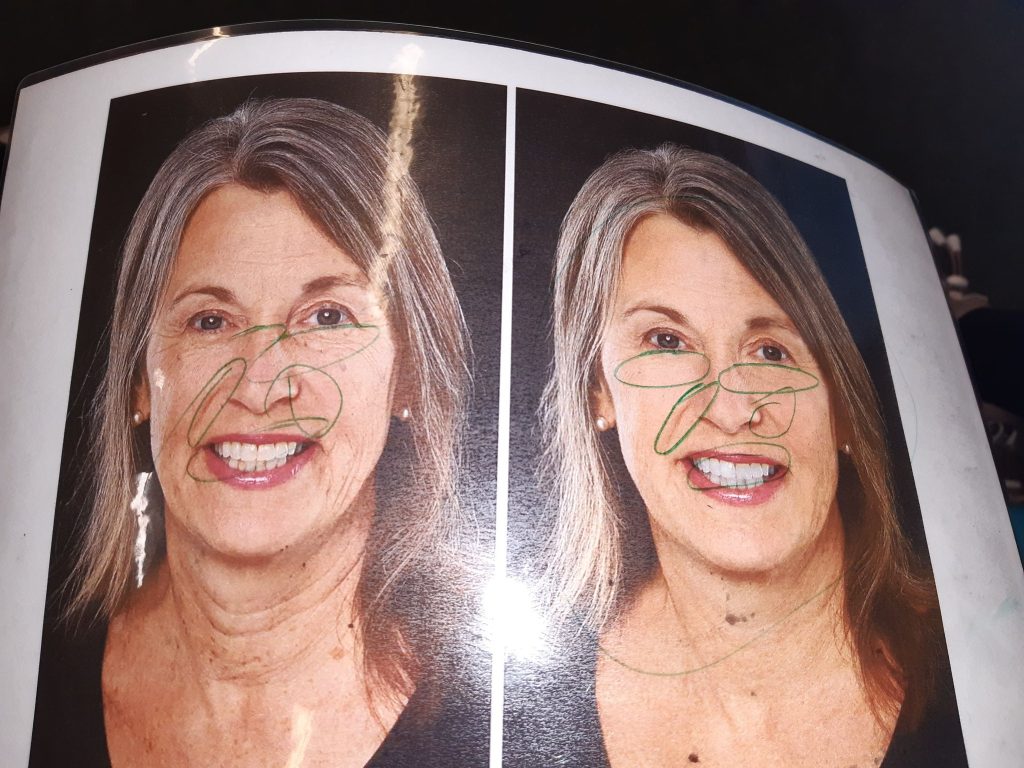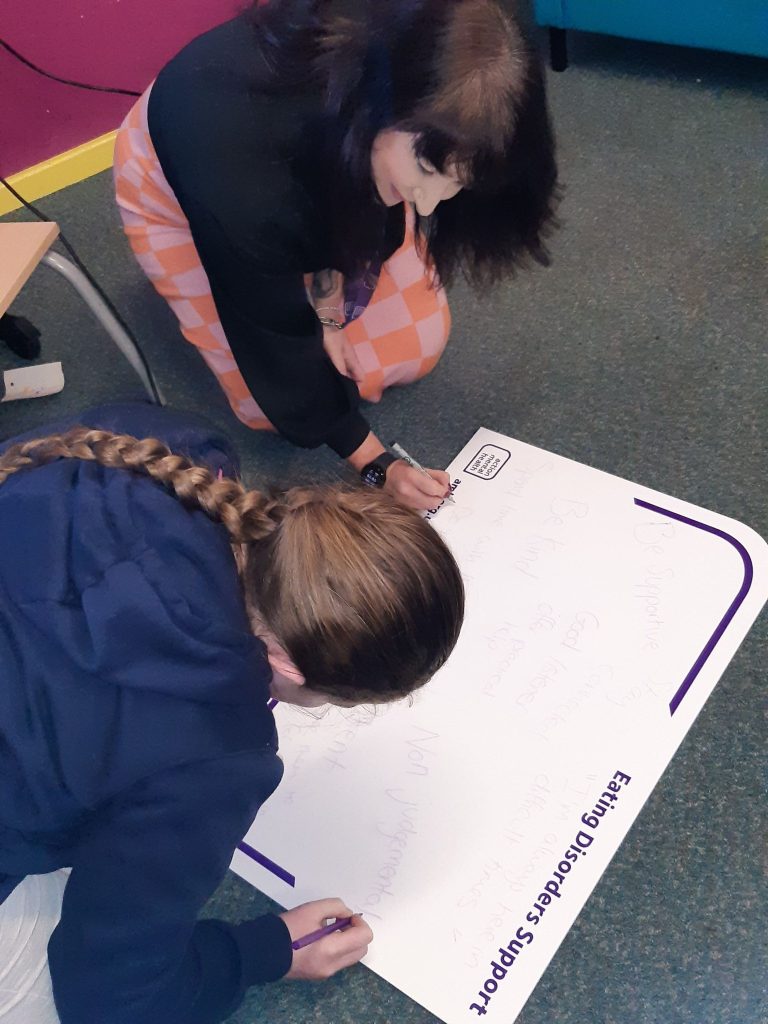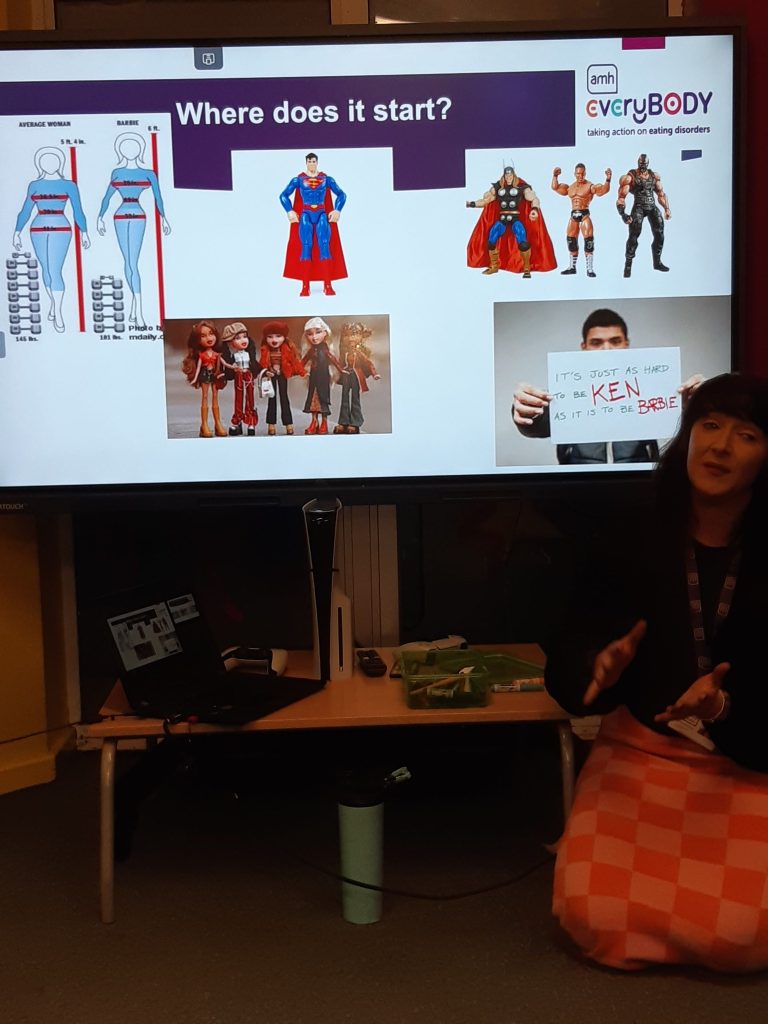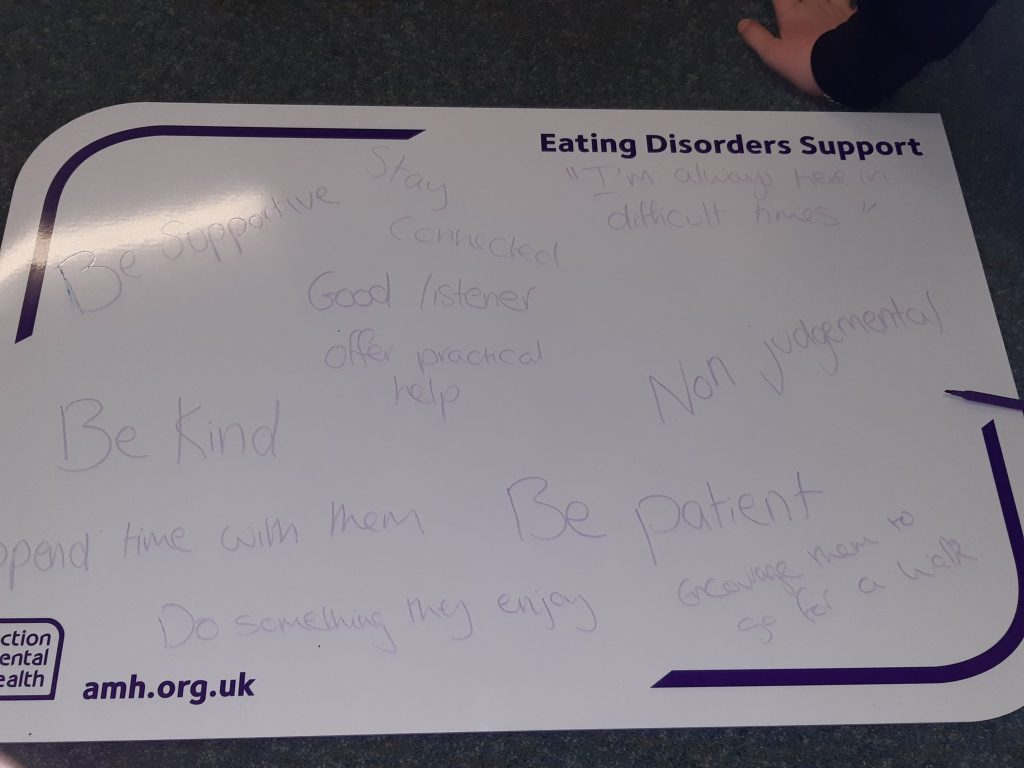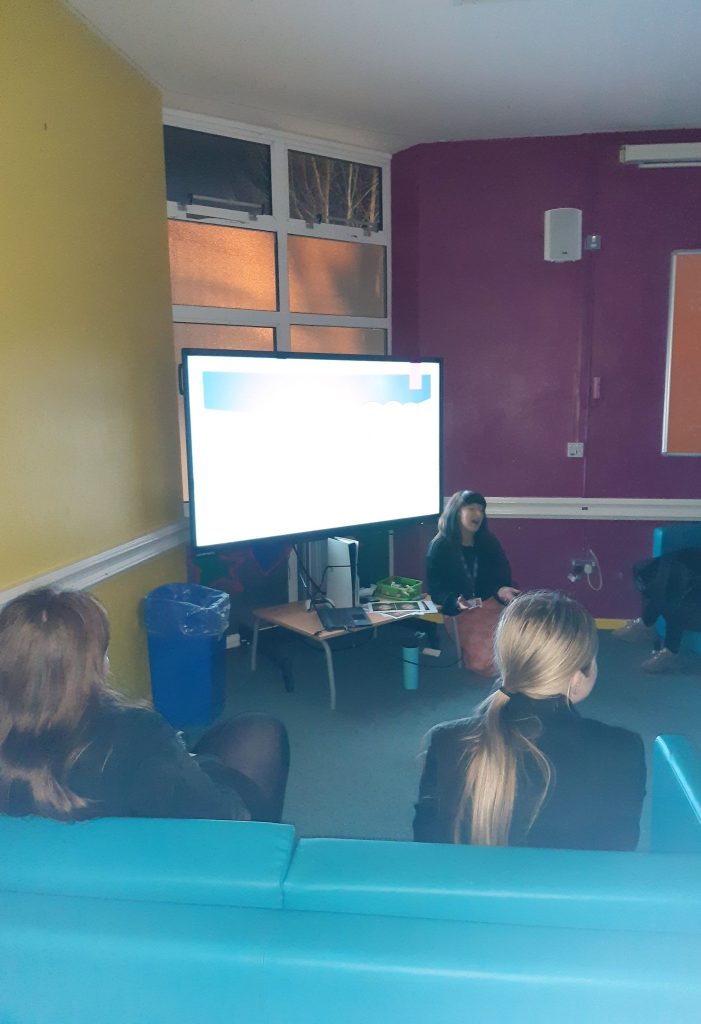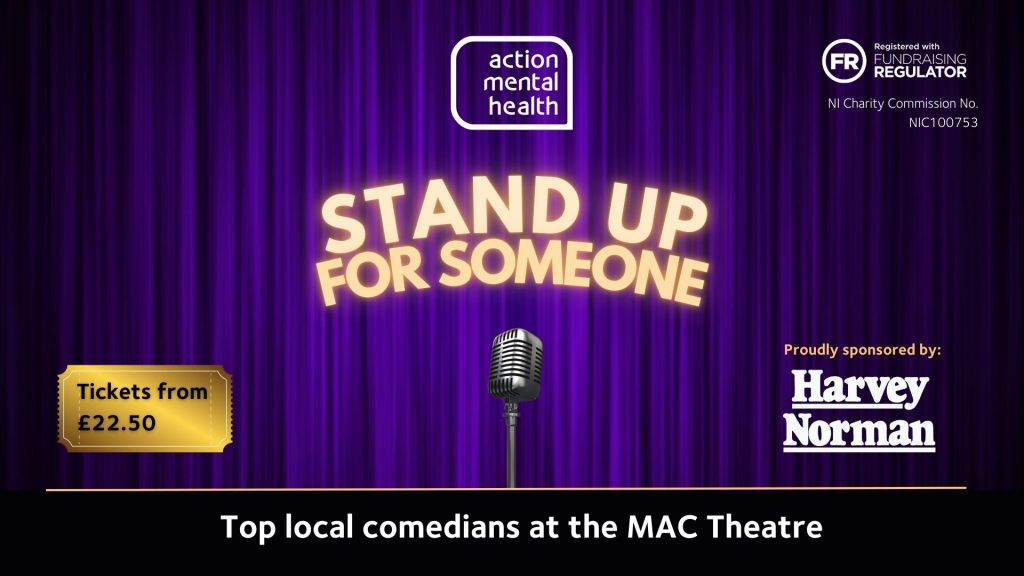Each January, you may find yourself bombarded with advertisements citing that today is “the most depressing day of the year”. The term “Blue Monday” is often linked with post-Christmas exhaustion, broken resolutions and dismal weather.
Yet Blue Monday is a myth. In fact, the term was originally coined by a popular travel company as a means of selling holidays to escape the post-Christmas slump. In the years that followed, the concept quickly spread through media, yet no scientific basis has ever been established.
The reality? Mental ill-health doesn’t follow a calendar.

Stress, anxiety, depression and burnout are often influenced by workload, management, culture and external pressures – not by a date in the diary. By focusing on one specific day, organisations neglect to acknowledge that workplace mental health is a year-round responsibility.
Blue Monday is a myth, yet workplace mental health is not. Here are three common myths about workplace mental health and how to move beyond them:
Myth 1: Talking about mental health will “open a can of worms”
Many organisations worry that encouraging open conversations about mental health may lead to issues that they don’t have the capacity to manage. In reality, evidence shows us that the opposite is true.
In the UK, approximately 45% of employees feel uncomfortable speaking about mental health to their manager. As a result, many individuals struggle in silence whilst mental health issues continue to escalate into crisis, long-term absence and burnout.
The Solution:
Effective communication regarding mental health must start with clear disclosure and support pathways. Employee-centred mental health policies, referral pathways and boundaries ensure that employees understand what support exists, how to access it and how their disclosure may be managed.
Action Mental Health’s Workplace Wellbeing Consultancy service has provided comprehensive, evidence-based and bespoke policy support to some of Northern Ireland’s leading employers across sectors- ensuring that frameworks exist before problems escalate.
Our “Mindful Manager” training programme ensures that policies translate to practice by equipping managers to have confident and skilled conversations about mental health within their teams.
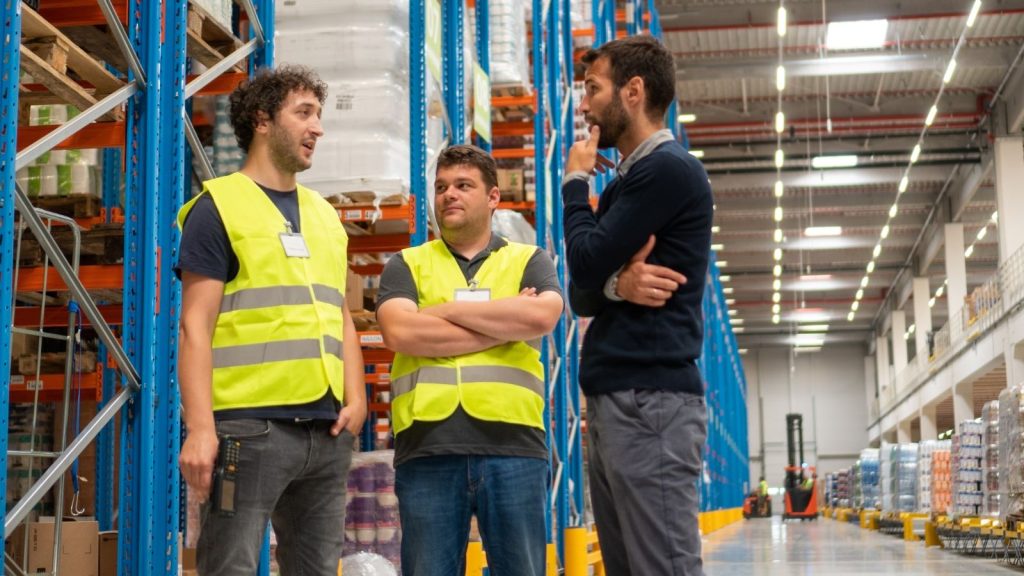
Myth 2: Low absenteeism equates to positive wellbeing
Low sickness absence is often viewed as an indicator of low ill-health. Yet this one metric alone is never enough. In the UK, stress, anxiety and depression account for over 22 million days lost every year, with much of this cost associated with lost productivity from employees working whilst unwell.
The Solution:
Workplace wellbeing must be derived from holistic health metrics, not singular figures. Comprehensive wellbeing assessments should combine qualitative and quantitative metrics to understand otherwise hidden risks across all health domains.
Assessment tools, such as Action Mental Health’s Workplace Wellbeing Assessment, provide employers with a true representation of employees’ challenges, ensuring that wellbeing initiatives meet identified needs.

Myth 3: If someone is struggling, they will ask for help
Many employees don’t speak up when they’re experiencing mental ill-health. Often not because the support isn’t available, but instead due to fear, stigma or uncertainty.
For so long, mental ill-health has been seen as “taboo” in many workplaces. Employees often wonder whether asking for help will be perceived as weakness or may affect their future career opportunities.
The Solution:
Breaking the stigma surrounding workplace mental health starts with cultivating awareness. Utilise key wellbeing days, such as World Mental Health Day and Eating Disorders Awareness Week, to build a comprehensive offering of wellbeing trainings, resources and awareness events.
Not sure where to start? Action Mental Health’s Workplace Wellbeing Hub offers client organisations with a 12-month strategic activity plan, providing evidence-based interventions, trainings and resources to ensure each employee is supported 365 days a year.

So, if Blue Monday is a myth, what really matters?
Mental health at work isn’t about one day of the year, it’s about what happens every day after it. At Action Mental Health, we support organisations to move beyond the myths and build evidence-based and effective workplace wellbeing strategies that focus on:
- Proactive support
- Confident and supportive management
- People-centred policies and frameworks
- Resilient and supported employees
To discover how Action Mental Health can support your workplace, email [email protected] today.





